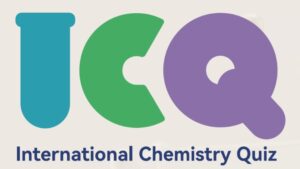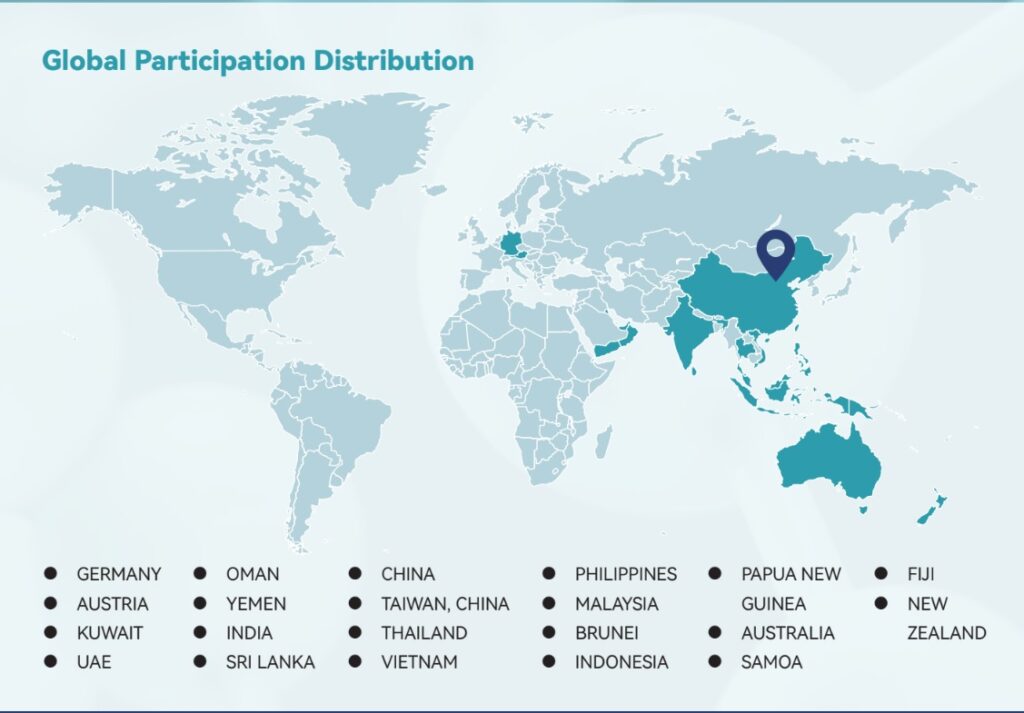
Join over 100,000 students from 21 countries and regions
Challenging your knowledge of Chemistry
Encouraged and inspired students to pursue careers in Chemistry and STEM
Open to students from grades 7-12
Select your entry category from one of the six divisions
Date: August 20-22, 2024
Locations: Partner School/Online
Student Eligibility: Grade 7-12
Deadline: 2 weeks before the competition
Committee:
◆ The Royal Australian Chemical Institute (RACl)
◆ ASEEDER

Founded in 1917, the Royal Australian Chemical Institute (RACl) acts as the key body advocating the interests and activities of the chemical sciences with over 4,000 members across Australia. RACl plays a leading role in promoting the science, practice and positive impact of chemistry to the public, educational sector, industry and government through creating educational initiatives.
The International Chemistry Quiz (ICQ) is organized by the RACI. Since its inception in 1982, it has become a global competition that attract over 100,000 students from 21 countries and regions annually. The ICQ is not a test of syllabus content. While some questions will rely on knowledge and understanding covered as part of studying the Australian Curriculum, RACI have endeavoured to make the quiz interesting and to promote chemistry and chemical thinking.
Questions that go beyond what is covered in syllabus documents should be able to be answered by students applying their knowledge and understanding to stimulus material provided in the questions. Some questions that are designed to challenge more able students may be/will be included.
6 divisions suits for students in grades 7-12. The topics includes but is not limited to: the material’s structure, isotopes, half-lives and radiation, atomic model, periodic table, chemical bonding, reactants and products, chemical equations, etc.

Rules Date: August 20-22, 2024 | Divisions: ● Junior Division 1: English, Grade 7 ● Junior Division 2: English, Grade 8 ● Intermediate 1: English, Grade 9 ● Intermediate 2: English, Grade 10 ● Senior: English, Grade 11 ● Final: English, Grade 12 |
● Perfect Score: Students who obtain a perfect score receive a Label Pin
● Excellence: Top 1%
● High Distinction: Top 10%
● Distinction: Top 25%
● Credit: Top 40%
Certificates are awarded by comparing student results in the same grade.
Participants who did not win the award will receive a Certificate of Participation.